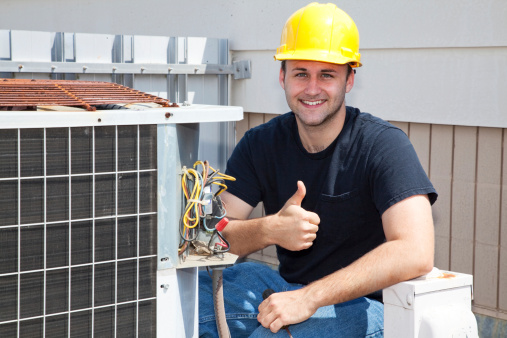Buying a new system isn’t the only solution to controlling HVAC costs. Many low-cost methods can help reduce overall energy costs for commercial heating and cooling systems. Many simply involve some thought and staff time to implement them. Try the following tips to help reduce your commercial energy costs.
Effective Control of Outside Air
Local climate and the amount of air circulated in a building play large parts in cooling load. Maximize existing VAV controls for large spaces such as auditoriums and businesses like labs and beauty salons that must work hard for heating, cooling, dehumidification, etc. Adjusting airflow without violating building code could also result in significant savings.
Other tactics include implementing an economizer cycle to use outdoor air when exterior air is much cooler and less humid than return air. Installing smart programming and devices like humidity sensors can also reduce cost.
Minor Changes Equal Big Savings
Consider replacing an old, existing thermostat with a programmable one. Automatically adjusting to a lower temperature during times when comfort is not crucial such as nighttime or in areas like hallways and storage rooms can produce significant savings.
Make sure pipes and ducts are properly insulated. This is particularly important when they run through unheated areas of your building. Replace damaged insulation with product that has a higher R-value.
Use Current Equipment to Its Fullest
Examine whether you are using full capabilities of your current HVAC system. For example, you may have a two-speed tower cooling fan, but may only be utilizing one speed or even a variable speed fan that is set to only one speed. By utilizing all speeds you could reduce fan electric consumption by up to 90%.
Use More Efficient Replacement Components
During normal maintenance, you may be able to swap out old components for ones that are more efficient. Aging outside air dampers, for example, may not close fully or even leak, letting air in. By adding edge seals to the dampers, you can prevent such leakage from happening and saving money in the process.
Follow our blog regularly for more tips on how to keep your commercial heating and cooling systems running efficiently.

